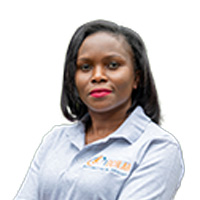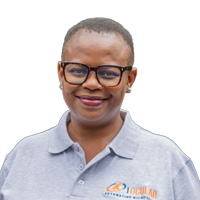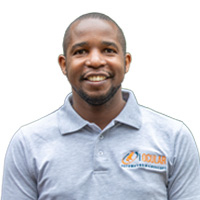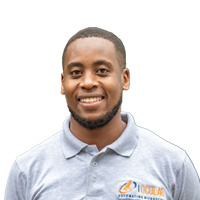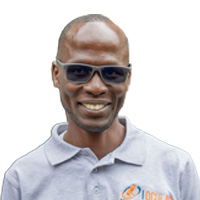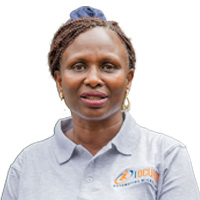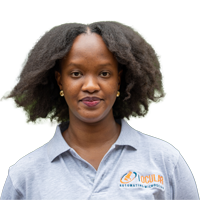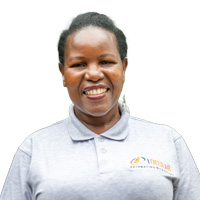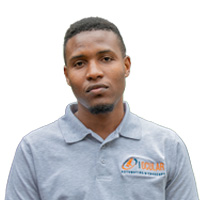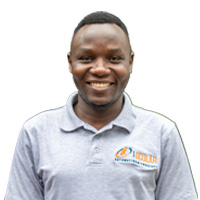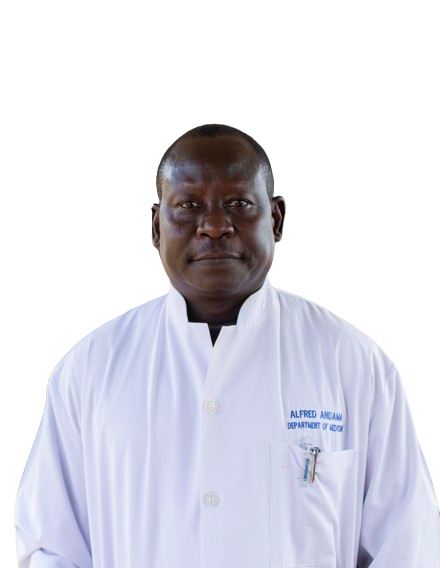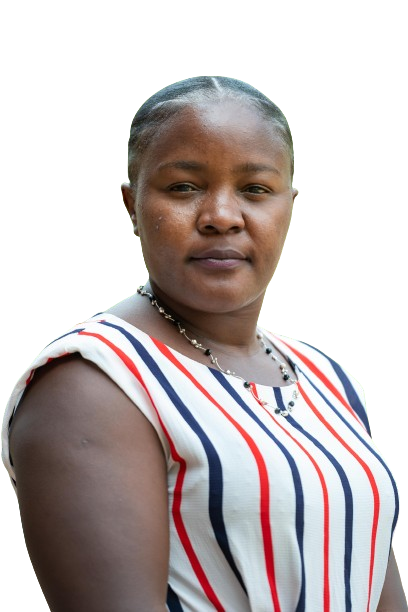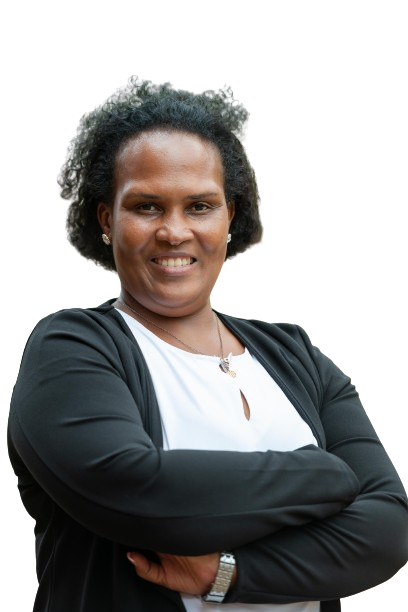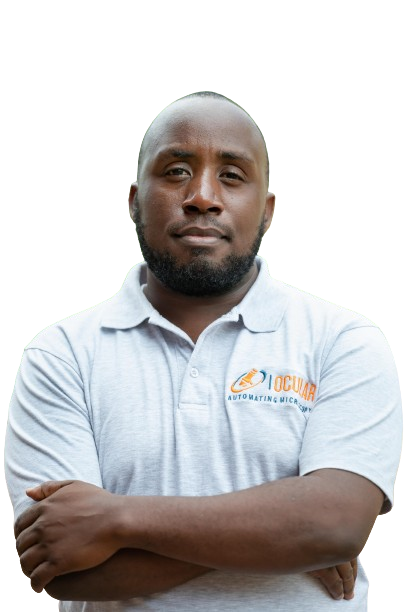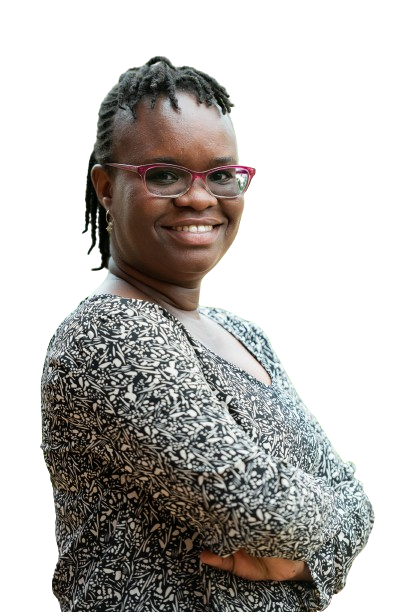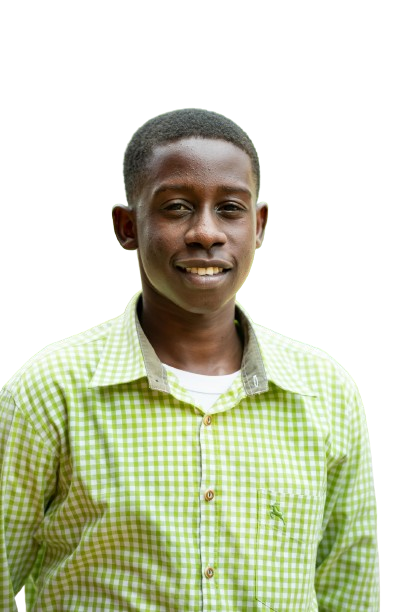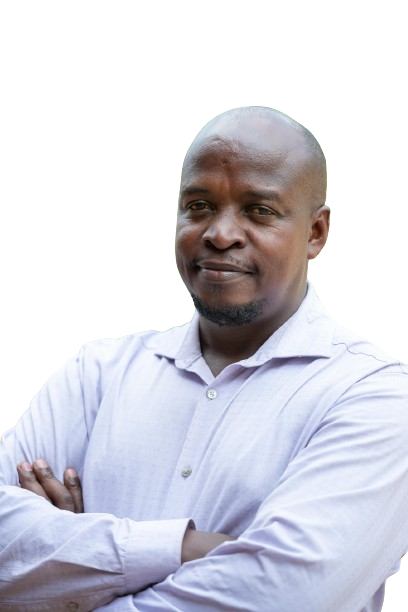The Makerere AI Health Lab, led by Dr. Rose Nakasi, is dedicated to transforming healthcare through innovative AI solutions. Our mission is to tackle pressing health challenges by leveraging cutting-edge technology and fostering interdisciplinary collaboration. We aim to revolutionize healthcare delivery and improve patient outcomes, making a significant impact on individuals and communities worldwide. Committed to innovation, integrity, and impact, the lab advances the frontiers of AI in healthcare, striving to make meaningful differences in lives globally. Through AI research, we effectively address and overcome critical health issues, contributing to the enhancement of healthcare systems and patient care.
We created a simple 3D-printed adapter that connects a smartphone to a microscope. This allows healthcare workers to take pictures of samples through the microscope using their phone's camera. This can help doctors diagnose diseases like malaria, tuberculosis, and cervical cancer more accurately and quickly.
We are working to create a fast, affordable, and accurate tool to detect malaria in the field. We're using smartphones attached to microscopes and AI to analyze blood samples. This will help us diagnose malaria quickly and track its spread, leading to better health outcomes.
AI has the potential to greatly improve healthcare, but it needs a lot of data to work effectively. In many low-income countries, there isn't enough data to train AI models.
Thanks to the Lacuna Fund, we've created a dataset of blood sample images from Uganda and Ghana. We're sharing these images with researchers worldwide to help them develop AI models for diagnosing malaria. This will make malaria diagnosis faster, more accurate, and accessible, especially in areas with limited medical resources.
This project aims to use technology to improve the detection of cervical cancer in Sub-Saharan Africa. By taking pictures of Pap smear slides with a smartphone and creating a large dataset of these images, researchers can train AI models to automatically identify signs of cervical cancer. This could help doctors diagnose cervical cancer earlier and more accurately, leading to better treatment outcomes and potentially saving lives.
The project aims to use satellite imagery and forestry inventory data to predict land cover changes in Uganda. This will help in making informed decisions for natural resource management. The project will involve collecting and processing satellite data, adding forestry data, and using machine learning techniques to analyze the data and predict land cover changes
